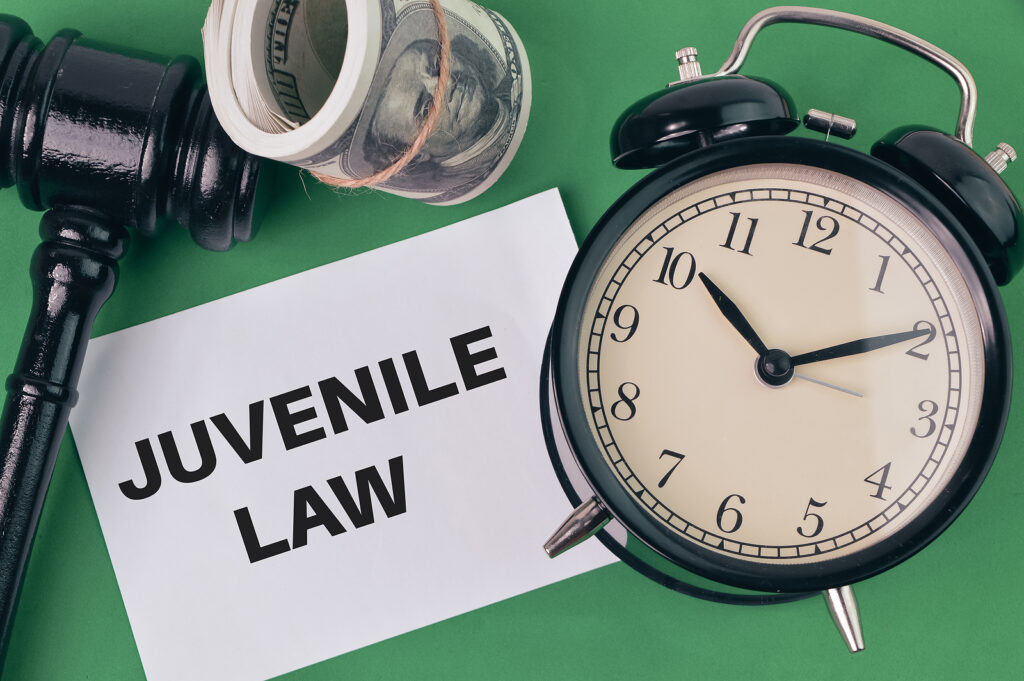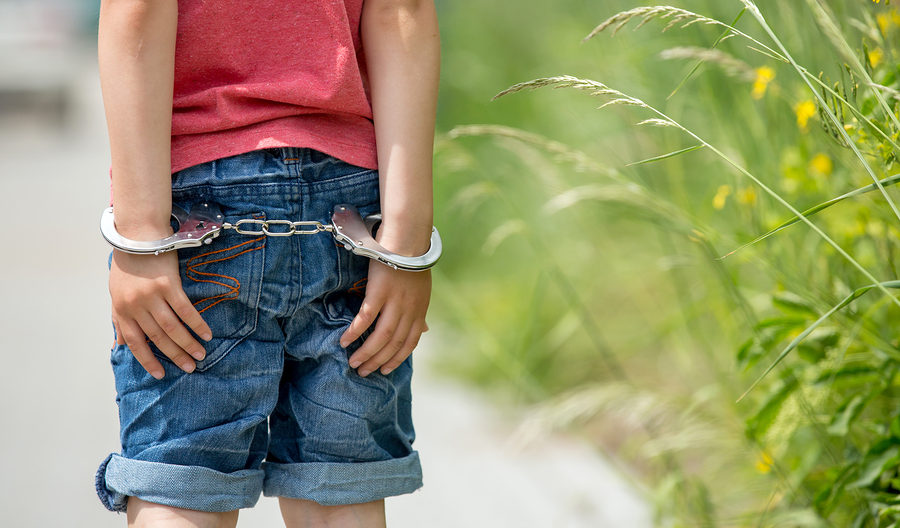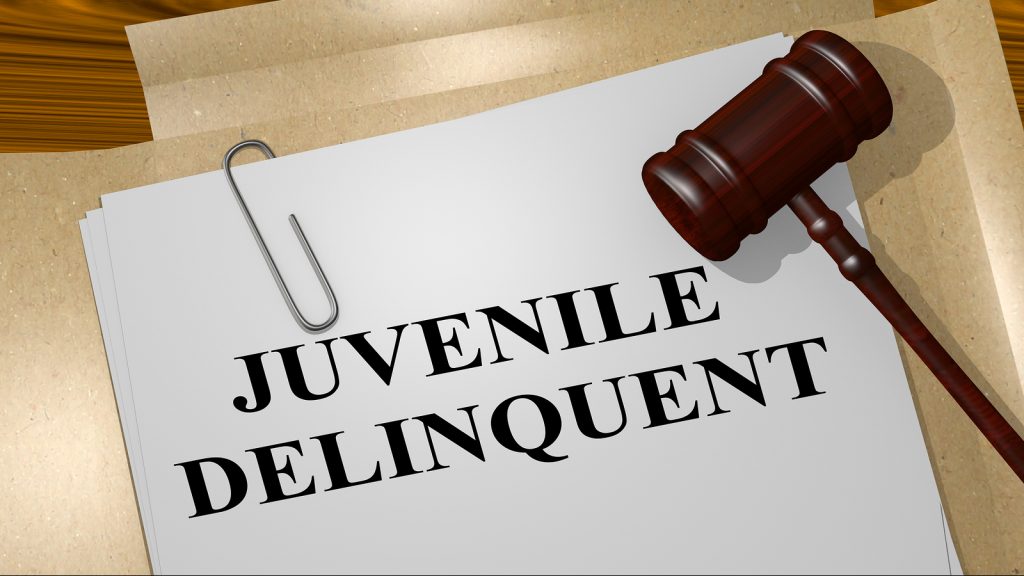When your child is facing charges in the juvenile court system, your mind is full of questions. By learning what to expect from the juvenile court process, you can feel more at ease and be better prepared with the proper legal defense. Continue reading to learn the 6 stages of a juvenile case in Indiana, and who to trust for skilled criminal defense for minors in Indianapolis.

Hire a Juvenile Defense Lawyer
Child arrests are never easy, even if your child is merely weeks away from turning 18. So, when they happen, your first priority should be to hire a licensed criminal defense attorney who is well-versed and experienced in juvenile cases. They can help navigate you every step of the way and provide a pillar of support throughout the whole process. From the detention hearing to the final review hearing, your juvenile defense lawyer will ensure your child’s rights are protected and their freedoms preserved.
Juvenile Justice System Process in Indiana
Although the stages of your juvenile’s case will vary depending on several factors, such as the scope of the offense and the presiding jurisdiction, the possible stages your child will experience in the Indiana juvenile justice system process are the detention hearing, initial hearing, waiver hearing, fact-finding hearing, dispositional hearing, and review hearing.
Detention Hearing
The detention hearing is the very first appearance in juvenile court. It usually takes place within the first 48 hours following an arrest, but not including weekends or holidays. At this hearing, a judge will determine whether the juvenile must remain in custody of the detention facility or if they can go home. This hearing is an opportunity for your child’s criminal defense attorney to present the wishes of the child to the judge and confirm who will be responsible for supervising the child while released from juvenile detention custody.
Initial Hearing
The initial hearing comes next, which is the court appearance in which the child is read their official charges. It is vital that your juvenile has a reputable criminal defense attorney present at this initial hearing.
Waiver Hearing
A waiver hearing is not always part of the juvenile justice system process. It only takes place if the prosecutor requests that the juvenile case be transferred to an adult court, therefore having the child tried as an adult.
Fact-Finding Hearing
The fact-finding hearing is held to allow witness testimonies, cross examination of witness and the accused, and for the defense attorney to present evidence in support of the child’s benefit. At the conclusion of this trial, the judge will determine if the child has in fact done something wrong. If the judge decides the child is innocent, or not liable for the offense, the case is over and the child walks, penalty-free.
Dispositional Hearing
A dispositional hearing is only held if the judge concludes that the child has done something wrong or broken the law in some way. At this hearing, the judge will decide the appropriate penalties or punishment for the child’s offense. Generally, this includes probation, community service, fines, restitution, mandatory school attendance, treatment, and counseling. In worst case scenarios, the judge will order the child to juvenile detention.
Review Hearing
A review hearing is held every 6 months, until the probation period is completed in full and as ordered. This hearing is used to check on the child’s progress while on probation.
Was your child recently charged or accused of a crime? Contact the Law Office of David E. Lewis at 317-636-7514 for skilled juvenile criminal defense in Indianapolis, Indiana. Schedule your consultation over the phone, via online video conference, or in person at our office.
You Should Also Read:
Important Laws That Pertain to Parents of Teenagers
Is My Child Charged With a Delinquent Offense or Status Offense?
What To Do After Your Child is Arrested







